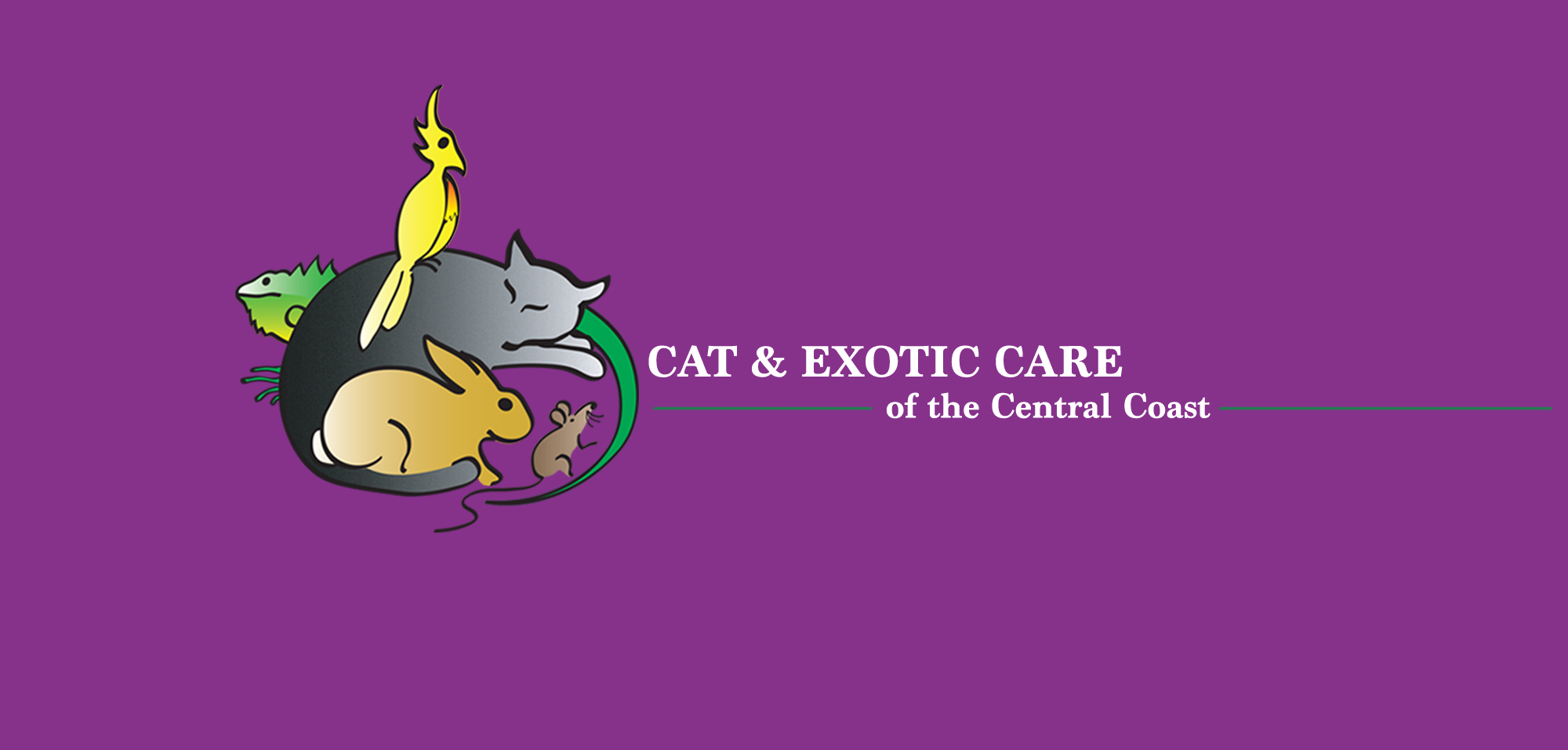QUESTION:
My cat loves to eat grass. Is there any dietary deficiency that would cause this? Is it good for her? She usually vomits shortly afterwards.
ANSWER:
This is a loaded question! People have been trying it out for years.
First let me summarize some of the popular but largely fictional theories:
- Cats crave grass because it has certain nutrients that they are not getting from their meat-based commercially prepared diets. False.
- Grass contains digestive aids. False.
- Cats like the way it tastes. True for many cats.
- Grass helps cats purge fur-balls. It certainly will help cause vomiting, which may in turn purge a fur-ball. There is a risk, however, that the fur-ball could become lodged in the esophagus on the way out, creating a medical emergency. This is pretty rare though.
- Grass helps a cat to vomit when it has eaten something bad. It will help a cat vomit.
- In the wild cats eat herbivorous prey (the prey eat mostly grass and other vegetable matter). The cat often eats the digestive tract of the prey first, which contains the vegetable matter, so in a domesticated situation they still have this craving. This sounds logical, but is unproven.
The facts are:
- Many cats seem to like the taste of grass, and will eat it for pleasure.
- Cats do not have a dietary need for grass. A cat can live a perfectly healthy life without ever touching a blade of grass!
- Grass eating often leads to vomiting. Many otherwise healthy cats will chose to eat grass but later pay the price. This is not a benefit for these cats.
- Some cats with pre-existing stomach or intestinal inflammation or infection seek out grass to self-induce vomiting. It is difficult to know for sure if this is of any benefit. In medicine we typically only induce vomiting if certain particular toxins are ingested, in order to reduce the amount of toxin that is absorbed.
- Vomiting in any species is not a pleasant act. If grass ingestion causes your pet to vomit unnecessarily, I recommend that you prevent it. Yes, I am aware that many stores market grass for cats! This does not validate its use. Remember, many companies will market a product if it generates money, regardless of whether the product is beneficial or even detrimental. This is true in all walks of life.
- Many herbicides used on or around grass are toxic.
- Occasionally a cat will inhale a piece of grass that will then become lodged in the sinuses, or get a blade trapped in the back of their mouth. Both will necessitate removal under anesthesia.
If you have a veterinary question that you would like to propose for an upcoming edition, please send it to email@catandexoticcare.com with “ask the vet” in the subject line.
Disclaimer: The informational handouts and website links above are for informational purposes only, they are not intended to replace veterinary care.
